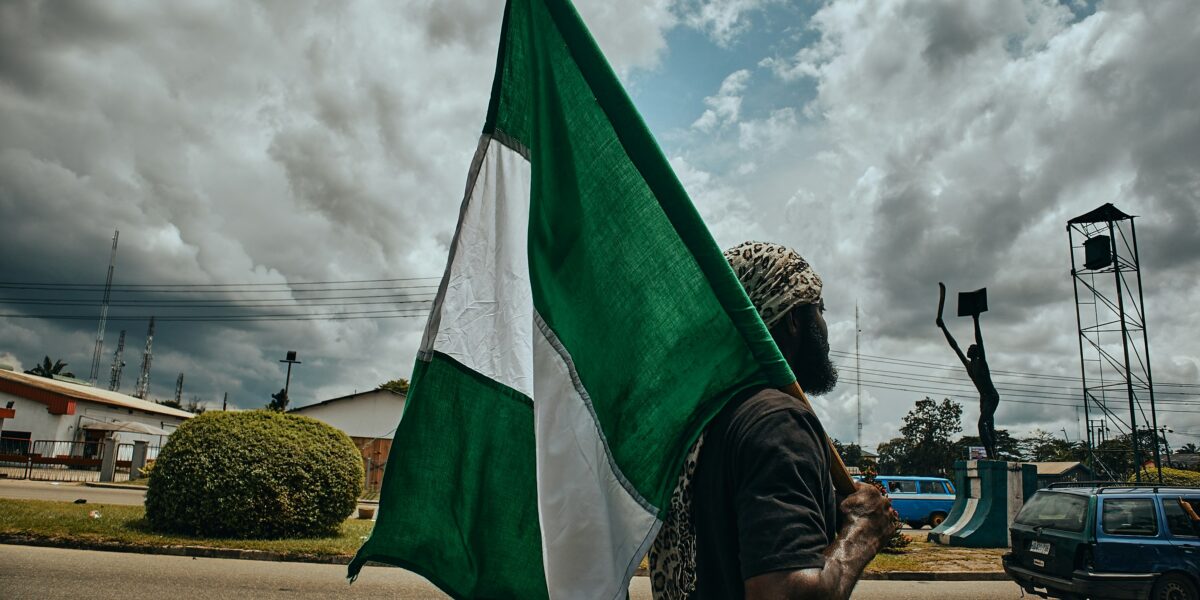Africa has long faced challenges of conflict, insecurity, and instability. From protracted civil wars to inter-ethnic violence, the continent’s quest for peace has been marked by setbacks and hard-won victories. In this landscape, Nigeria stands as a beacon of hope. As Africa’s most populous nation and largest economy, Nigeria has a unique opportunity to become a central hub for peacebuilding efforts across the continent.
Why Nigeria Is Strategically Positioned for Peacebuilding
Nigeria’s Geopolitical Influence
Nigeria holds a powerful position in West Africa, with its influence extending across the continent through its membership in ECOWAS, the African Union, and the United Nations. Its diplomatic engagements and leadership roles have shaped regional decisions on conflict resolution, trade, and governance.
Economic Strength and Soft Power
As the largest economy in Africa, Nigeria has significant leverage to promote peace through investments, aid, and economic partnerships. Its creative industries—like Nollywood and Afrobeats—also project a positive image that can be harnessed to foster cultural diplomacy and understanding.
Cultural Diversity and Tolerance
Nigeria’s rich tapestry of ethnicities and religions, while sometimes a source of tension, also offers an opportunity to model coexistence. By showcasing successful examples of multicultural living, Nigeria can inspire other African nations.
Historical Context of Peacebuilding in Nigeria
Civil Wars and Conflicts: Lessons Learned
Nigeria’s history, including the Biafran War and various insurgencies, has taught critical lessons about the dangers of exclusion and the importance of reconciliation. Efforts such as the Niger Delta Amnesty Programme highlight pathways to sustainable peace.
Nigeria’s Role in Regional Peacekeeping
Nigeria has contributed troops and resources to peacekeeping missions in Liberia, Sierra Leone, and Sudan, earning respect for its commitment to regional stability.
Key Strategies for Nigeria to Lead Peacebuilding Efforts
1. Strengthening Regional Cooperation
Nigeria must deepen its collaboration with neighboring states through ECOWAS and the African Union. Joint task forces and intelligence-sharing can help mitigate cross-border threats like terrorism and organized crime.
2. Promoting Economic Integration
Economic cooperation fosters interdependence and reduces the incentives for conflict. Nigeria can champion trade agreements and infrastructure projects that unite Africa’s economies.
3. Fostering Religious and Ethnic Harmony
Dialogue initiatives, interfaith councils, and grassroots reconciliation programs are crucial for transforming conflicts rooted in identity politics.
4. Investing in Youth Empowerment and Education
Africa’s youth bulge offers both a challenge and an opportunity. By investing in skills, entrepreneurship, and civic education, Nigeria can harness this demographic for peace.
5. Advancing Gender Equality
Women often bear the brunt of conflict but are also key to peacebuilding. Nigeria must empower women to participate fully in governance and conflict resolution processes.
6. Supporting Conflict Mediation Mechanisms
Nigeria can institutionalize traditional and modern mediation frameworks, supporting local peace committees and national dialogue platforms.
7. Enhancing Security Architecture
Reforming security institutions to be more inclusive, accountable, and professional is vital to preventing conflict and protecting communities.
8. Championing Climate Action for Peace
Climate change fuels resource competition and displacement. Nigeria can lead by example with green initiatives that build resilience and cooperation.
9. Leveraging Media and Communication for Peace
Nigeria’s vibrant media scene can promote positive narratives, challenge hate speech, and amplify peace messages.
10. Partnering with International Organizations
Collaborations with the UN, AU, and donor agencies can bring technical expertise and funding to scale up peace efforts.
FAQs
How can Nigeria leverage its economy for peacebuilding?
Nigeria’s economy can fund social programs, create jobs, and foster regional trade, reducing poverty-driven conflicts.
What role does Nigeria’s diversity play in peace efforts?
Nigeria’s multiculturalism can demonstrate coexistence, serving as a model for resolving ethnic and religious tensions.
Can Nigeria’s youth population contribute to peacebuilding?
Absolutely. Young people can drive innovation, civic participation, and entrepreneurship that strengthen societies.
How does Nigeria’s regional leadership impact peace in Africa?
Nigeria’s influence shapes regional decisions on conflict, trade, and governance, making its leadership crucial.
What are the main challenges facing Nigeria’s peacebuilding efforts?
Corruption, governance deficits, and persistent poverty remain key obstacles that must be addressed.
How can international partners support Nigeria’s peace agenda?
By providing technical support, funding, and expertise to scale peace initiatives and foster collaboration.
Conclusion: A Pathway to a More Peaceful Africa
Nigeria’s strategic position, economic strength, and cultural diversity make it a natural leader for peacebuilding efforts in Africa. By implementing these strategies and collaborating with regional and international partners, Nigeria can set an example for other nations, helping to transform Africa into a continent defined by peace and prosperity.

